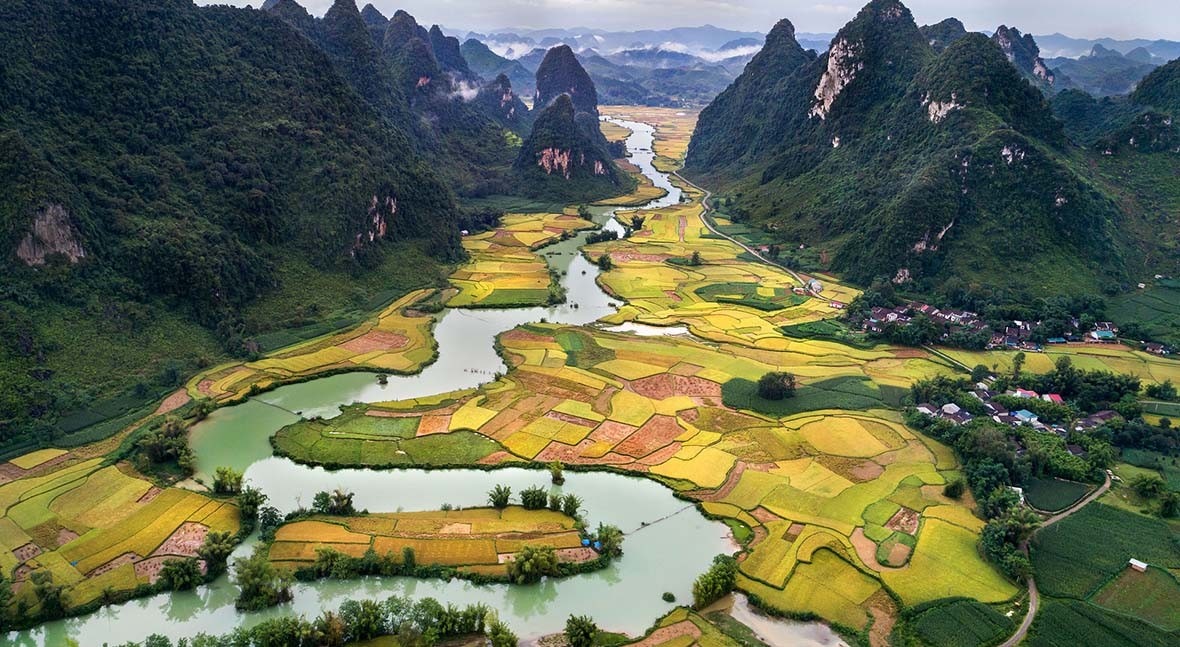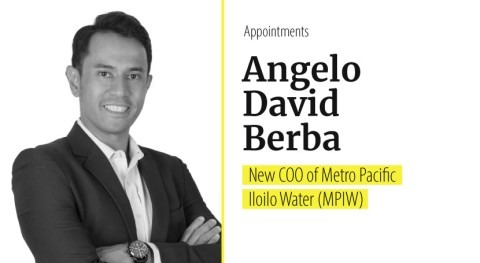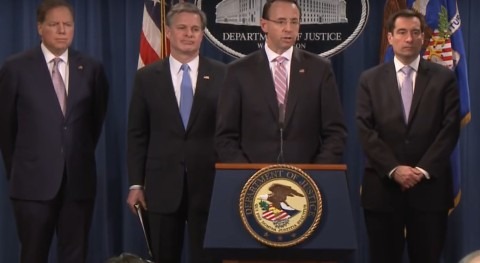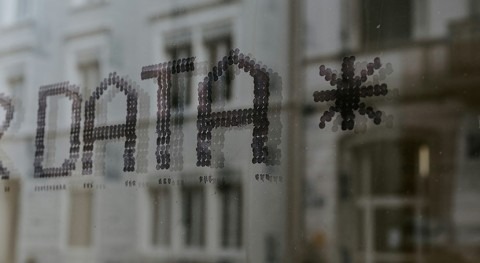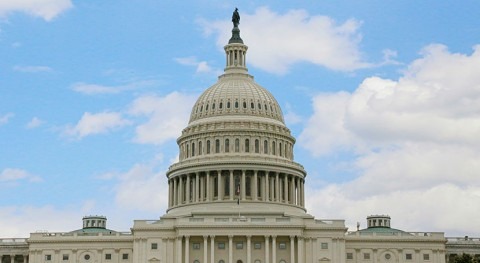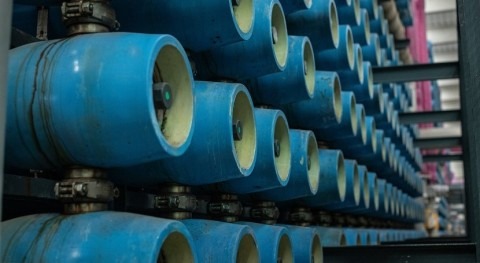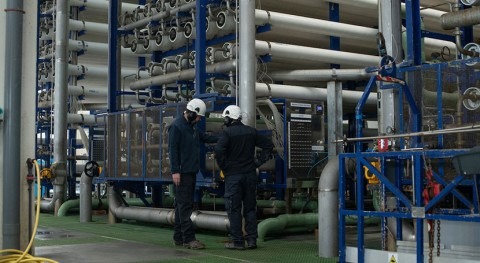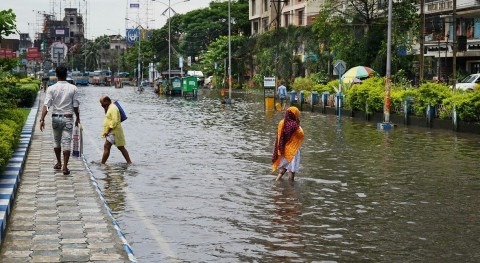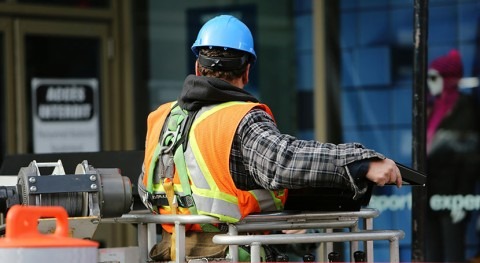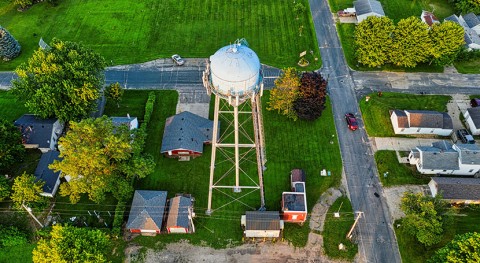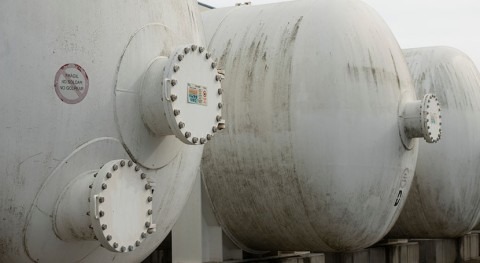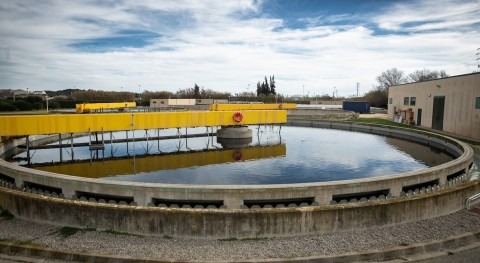Water sources in Vietnam face increasing pressures: drought, large hydropower facilities and saline intrusion into groundwater aquifers, while contaminants in the water supply are linked to cancer. To address all these pressures, the government of Vietnam has issued a directive to improve water management and ensure a clean and safe water supply, informs Fluence.
Vietnam is rich in water resources, something which helped it transform from a low income to a middle-income country in two decades. But this rapid development, combined with climate change, have led to new threats to the quality and quantity of Vietnam’s water resources, which include flooding, pollution and competition for water in the dry season. In fact, the World Bank estimates that unless these threats are addressed, they could result in a 6 percent reduction in GDP per year by 2035.
According to the World Bank’s Global Water Practice report “Vietnam: Toward a Safe, Clean and Resilient Water System”, the main threat to the country’s economy is the impact of water pollution on human health, with urban and industrial wastewater being the largest contributor to water pollution. Data from the Environment and Health Ministry indicate that 9,000 people die every year due to poor sanitation and water quality, and some 200,000 have cancer linked to water pollution. Naturally occurring groundwater contamination with arsenic is a public health issue.
Although Vietnam has made efforts to improve environmental policies, pollution by industrial and domestic wastewater – discharged untreated to a large extent – is a serious issue, particularly in big cities like the capital Hanoi and Ho chi Minh City. A recent study of water pollution in the country highlights three main causes: firstly, the system of policies and laws on environmental protection is still inadequate; secondly, the legal authority of environmental protection organizations is not strong enough, and finally, the sense of responsibility for environmental protection of investors, economic organizations and population communities is limited, with some still focusing on immediate economic benefits.
To take action on water-related threats, last August Prime Minister Nguyan Xuan Phuc issued Directive 34/CT-TTg. The directive calls ministries, agencies and stakeholders to finalise legal frameworks and embrace new models and technologies to ensure the availability of clean water. The Ministry of Construction is to develop legislation on clean water management, and to look into public-private investment opportunities in the water sector. Private sector participation in water supply projects is expected to address monopolies in certain areas. Meanwhile, the Ministry of Agriculture and Rural Development was directed to oversee the water supply in rural areas, and the Ministry of Natural Resources and Environment to advance water resource protection.


